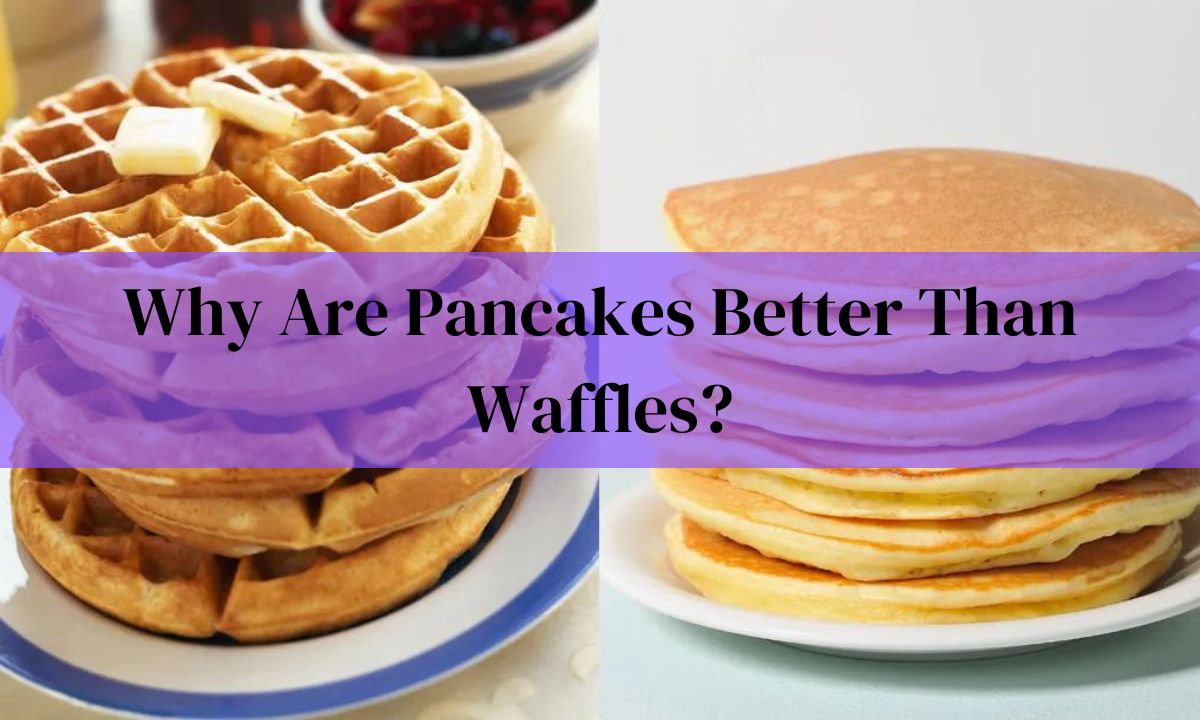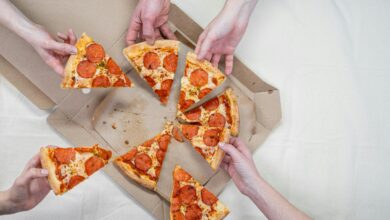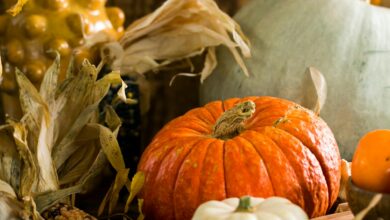
Pancakes are better than waffles as they are light, fluffy, and melt in your mouth. Although pancakes may taste sweeter, they actually contain 20% less sugar than waffles due to their smaller size.
When you make one batch of batter, you can make more pancakes than waffles. They offer a wider variety of flavors and toppings and can be easily customized.
They are also simple to prepare, unlike waffles, which require a specialized iron. Lastly, pancakes have a nostalgic and comforting appeal that makes them a breakfast favorite for many.
How Do Pancakes Cater To Dietary Needs Better Than Waffles?
Pancakes are a more versatile option compared to waffles when it comes to catering to different dietary needs. They can be easily modified by using substitutions or additions to accommodate different dietary restrictions or preferences.
People with gluten sensitivities or allergies can enjoy pancakes too, as they can be made with gluten-free flours such as almond or oat flour. For those following a vegan or plant-based diet, eggs can be replaced with mashed bananas or flaxseed mixtures.
Additionally, pancakes offer a wide range of toppings, providing endless possibilities for customization. They can be paired with fruits, nuts, honey, or various sauces to meet specific nutritional requirements and taste preferences.
On the other hand, waffles are more difficult to modify and adapt because they require specific tools and a particular batter mix. Therefore, in terms of meeting various health challenges, pancakes are more flexible and offer more possibilities than waffles.
How Are Pancakes Easier To Prepare And Cook Compared To Waffles?
Pancakes are widely considered to be easier to prepare and cook in comparison to waffles. Firstly, the batter for pancakes is much simpler to make and requires fewer ingredients. A basic pancake batter typically consists of flour, eggs, milk, and a small amount of sugar and baking powder.
On the other hand, waffle batter tends to be more complex, often involving additional ingredients such as melted butter or oil, and may require separating and whisking egg whites separately to achieve the desired fluffy texture.
Secondly, pancakes are cooked on a flat griddle or frying pan, which allows for a more straightforward cooking process. Waffle makers, on the other hand, require preheating, greasing, and pouring the batter into specialized grids. This additional equipment and process can be intimidating for amateur cooks or those who do not have access to a waffle maker.
How Do Cultural Preferences Impact Pancake Popularity?
Cultural preferences have a significant role in determining the popularity of pancakes. Different societies have unique culinary traditions and tastes that affect the types of pancakes they prefer and consume.
For example, in North America, pancakes are a favorite breakfast food, which are fluffy and soaked in syrup, often served with bacon or fresh fruit.
In contrast, in Asian countries like Japan and South Korea, people prefer thinner and savory pancakes like okonomiyaki and jeon, respectively. These variations in ingredients and cooking techniques demonstrate the diverse cultural preferences when it comes to pancakes.
Additionally, cultural associations and historical factors also impact pancake popularity. For instance, crepes in France are an integral part of French gastronomy and are consumed as both sweet and savory dishes.
Similarly, the popularity of Chinese scallion pancakes can be attributed to their inclusion in traditional Lunar New Year celebrations. Overall, cultural preferences have a significant influence on pancake popularity since they shape the flavors, textures, and accompaniments associated with this beloved dish worldwide.
What Makes Pancakes More Versatile Than Waffles?
Pancakes are undoubtedly more versatile than waffles due to several key reasons. Firstly, pancakes offer a wide range of toppings and filling options, making them suitable for various tastes and preferences.
Whether it’s classic syrup, fresh fruits, Nutella, or savory ingredients like bacon and cheese, pancakes easily adapt to both sweet and savory flavor profiles. On the other hand, waffles tend to have a more distinct and limited taste, often complemented by traditional accompaniments like whipped cream or powdered sugar.
Secondly, pancakes can be made in various sizes and shapes, catering to individual servings or larger groups. This versatility allows for creative presentation and customization, making them a popular choice for brunches or special occasions.
Lastly, pancakes are generally easier and quicker to make than waffles, requiring basic ingredients that most people have readily available in their pantry. Thus, from the diverse range of toppings to the flexibility in size and shape, pancakes truly excel in their versatility compared to their counterpart, the waffle.
Final Thoughts:
After careful consideration, I have concluded that pancakes are the superior breakfast choice when compared to waffles. This is due to their light and fluffy texture that provides a delightful eating experience, and the wide range of flavors and toppings that allow for customization and personalization.
Furthermore, pancakes are very easy to prepare, making them a convenient option for busy mornings. Additionally, cooking and enjoying pancakes can bring a sense of warmth and comfort, adding to the nostalgic appeal of the breakfast experience. All these factors combined make it clear that pancakes surpass waffles in the ongoing debate between the two.
FAQS:
Are pancakes better than waffles?
It’s subjective. Some prefer pancakes for their versatility, simplicity, and fluffy texture. Others prefer waffles for their unique texture, syrup pockets, and crispiness.
Can pancakes and waffles coexist peacefully?
Yes, they can. Many establishments offer both options and personal preference plays a significant role in choosing between them.
Are there any other factors to consider?
Consider factors like preparation time, required equipment, portability, and regional preferences. Ultimately, it comes down to individual tastes and preferences.



